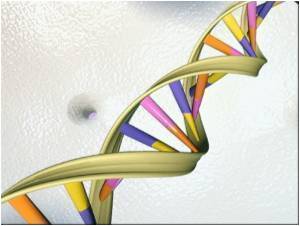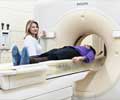
"Aging is a very complex process which affects most biological functions of an organism but whose molecular basis remains largely unknown," says Dr. Carlos L¢pez-Ot¡n from the University of Oviedo in Spain.
"Over the last few years, our knowledge of the molecular mechanisms underlying human aging has benefited from studies of premature-aging syndromes, such as Hutchinson-Gilford Progeria syndrome, that cause the early development of characteristics normally associated with advanced age," he added.
The research has been published by Cell Press online in the American Journal of Human Genetics.
Source-ANI










